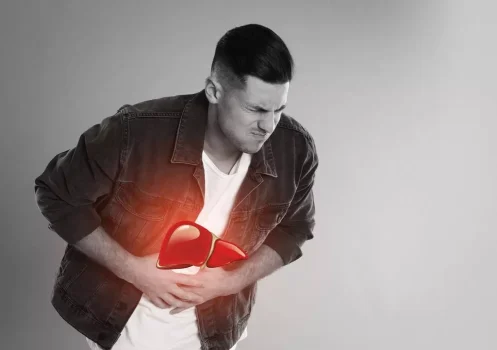
Remember, this is a Twelve Step process that can provide a platform for healing, but the person we are reaching out to may not be at the same place in healing as we are. We are only in control of our part—making and living the amends. As with alcohol and other drugs, we are also powerless over other people.
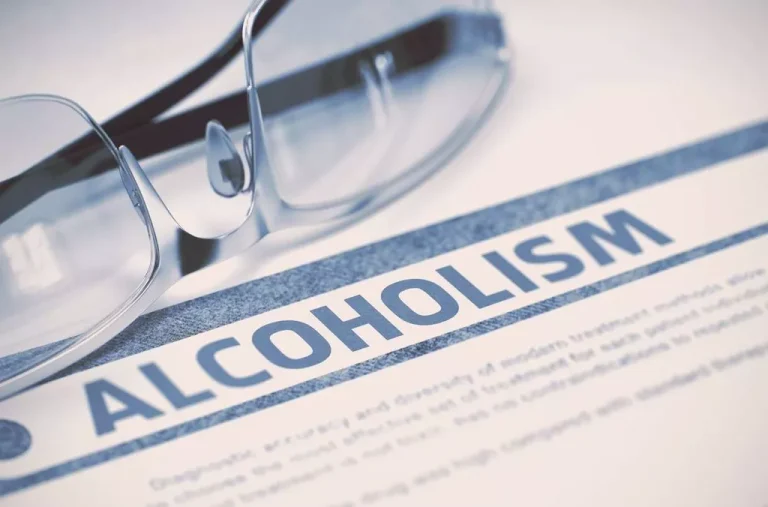
Understanding the Meaning of Living Amends
We’ve written about how common guilt is in grief (you wouldn’t believe how many people get the “coulda woulda shouldas”). We wrote an article about the difference between guilt and regret. We talked about the complicated processes of self-forgiveness and self-compassion. We’ve filled you in on things that can exacerbate guilt, like hindsight bias and survivors’ guilt. We’ve given you journaling exercises around coping with regret.
- It is freedom from behaviors that do not live up to the new life in sobriety I am choosing to live.
- This might include seeking treatment for substance use disorders, attending support groups, or engaging in other forms of personal development.
- Following several years work as an internist and physiatrist (physical medicine and rehabilitation).
- That’s why we have a comprehensive set of treatment providers and don’t charge for inclusion.
- You can still be true to that by making an honest apology and not making excuses for why you didn’t follow through.
To understand what living amends are is to understand the concept behind amends in a 12 step program.
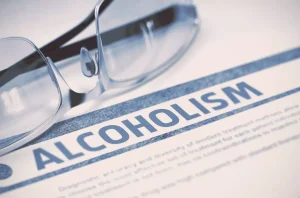
Soon, you’ll run out of reasons to give your loved ones why you’ve failed them once again. When you make a real effort to change your past behaviors, you need to make the initial move in repairing broken relationships. These steps mean taking ownership of the past, apologizing for wherever you made mistakes and moving forward from those missteps. Living amends, in this event, can include making changes to the behaviors contributing to the falling out between the survivor and the person they owed an apology to. For example, let’s say a mother didn’t make an effort to escort her children to the school bus stop. One of her children is killed crossing the street on their own even after telling their mother that they were afraid to cross the busy street alone.
- This shows a willingness to make right that which was wrong.
- Amends often include apologies, but they go beyond words.
- It may even help to write down the wrongdoings and practice beforehand to be prepared.
- I also made countless promises to her that I did not keep.
- While part of the fellowship, Dr. Curl pursued research investigating the barriers to expanding and improving medication for opioid use disorder.
- So, to truly make amends, we have to offer more than words.
Get help for recovery and the 12-Step Program
- Maybe it is a fight you always thought you had time to resolve.
- Many people find that the support they receive from AA meetings helps them prepare to make amends.
- Talking with your sober community about your history with drugs or alcohol can help you identify what you need to make amends for.
- Again, in recovery, your words may not mean as much to some people as you wish they would.
He’s a teenager, so I try what is alcoholism to let him function at that age level. When he runs out of clean clothes, I don’t lecture or offer solutions. I let him decide if he wants to do laundry at midnight or wear dirty clothes. I no longer interrogate him about his day at school, so I can give my wise advice on how to handle difficult peers.
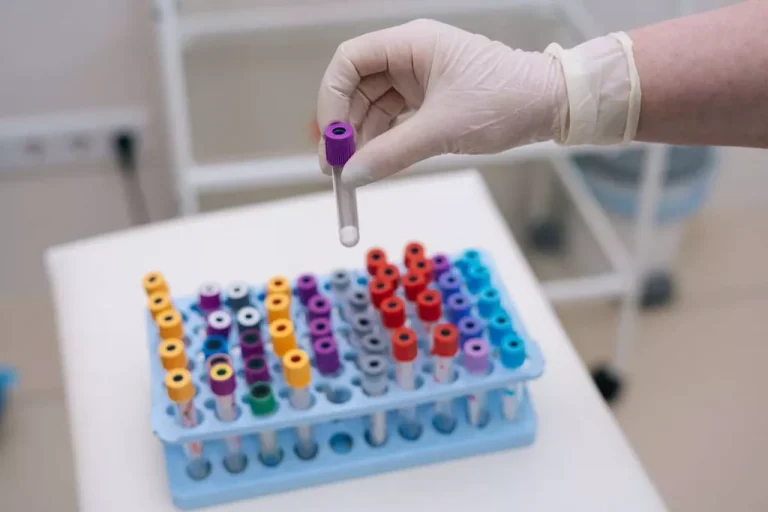
It’s common to struggle with feelings of guilt or shame. And it can be intimidating to be uncertain about how the other person will react. Join our global mission of connecting patients with addiction and mental health treatment. Recovery.com combines independent research with expert guidance on addiction and mental health treatment. Our mission is to help everyone find the best path to recovery through the most comprehensive, helpful network of treatment providers worldwide.
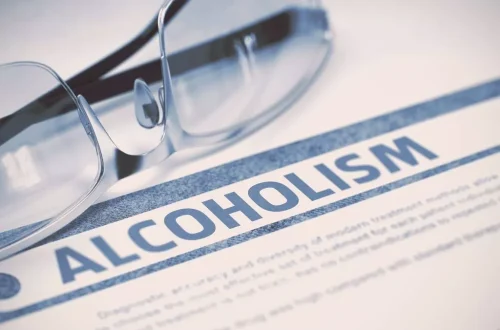
Drug and Alcohol Detox
While making amends is apologizing, living amends means living a completely new, sober lifestyle, and being committed to that lifestyle for both yourself and those you’ve harmed in the past. It means that you’re not just using your words to show a change, your actions are proving this change as well. The journey of making amends can also serve as a reflective practice, prompting individuals to examine their behaviors and the living amends underlying issues that contributed to their addiction. Additionally, while it can be beneficial to apologize to others, self-acceptance and forgiveness are vital. Making amends should start when the individual feels ready, focusing on sincere interaction rather than rushing into it. This process can lead to personal growth and a deeper understanding of oneself.
Be generous with your time.
A living amend might include a posthumous promise to the deceased child to, from now on, make it a point to walk their surviving siblings to the bus stop each day. In a Psychology Today article, Winch also explained that guilt and shame play a large part in the struggle to apologize. An apology allows an individual to hear what another person feels, determines what action or behavior is or isn’t appropriate, and provides an opportunity for the hurt person to heal. By taking on the responsibility to sincerely apologize, an individual continues to build self-confidence and reinforce personal integrity. ” most psychologists agree that learning to apologize with genuine grace is something everyone should know. We’ve all crossed a line at one point or another with our actions or behaviors by unnecessarily hurting another person, or inadvertently making a mistake that requires an apology.